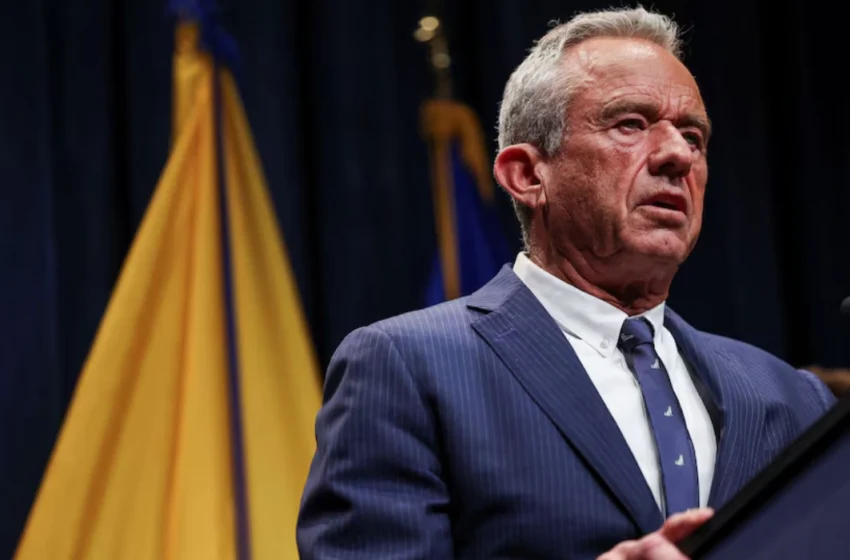
Health ( Europe Brief News): U.S. Health Secretary Robert F. Kennedy Jr. announces HHS will launch a campaign promoting wearable devices to monitor heart rate and blood glucose.
In afternoon trading, Abbott and Dexcom, two companies that manufacture continuous glucose monitoring devices, saw increases of 3.6% and 10%, respectively.
Kennedy called the effort “one of the biggest” in the history of the agency.
“We think that wearables are a key to the MAHA agenda, Making America Healthy Again … my vision is that every American will be wearing a wearable within four years,”
Kennedy said, speaking before the U.S. House of Representatives Committee on Energy and Commerce’s Subcommittee on Health during a hearing on his department’s 2026 budget request.
“It’s a way for people to take control over their own health … they can see what food is doing to their glucose levels, their heart rates and a number of other metrics as they eat it,”
he added.
Kennedy, a well-known opponent of vaccine safety and a longtime advocate of good diet over medication to fight obesity, has also voiced concerns about Novo Nordisk’s diabetic medication Ozempic, which is frequently used for weight loss.
He has, however, stated his support for the prescription of such medications for weight loss in individuals with diabetes and morbid obesity, so long as exercise is also included.
“You know the Ozempic is costing $1300 a month, if you can achieve the same thing with an $80 wearable, it’s a lot better for the American people,”
Kennedy said, adding,
“We’re exploring ways of making sure that those costs can be paid for.”
J.P.Morgan analyst Robbie Marcus commented,
“We think it’s premature to interpret this as a direct comment on whether Medicare and other commercial payors will move towards covering non-intensive Type II diabetes patients or other areas of proactive monitoring.”
How will RFK Jr.’s plan to promote wearable health devices impact public health efforts?
Promoting the use of wearable technology that tracks blood sugar, heart rate, and other health indicators may help people take charge of their own health, aid in the early detection of chronic illnesses, and improve preventative care. This is in line with more general trends in digital health that seek to enhance health outcomes by using real-time data and tailored interventions.
However, because of his divisive views on public health and vaccines, Kennedy’s larger health agenda has alarmed experts. Some are concerned that his leadership may jeopardize established public health guidelines and confidence because it has involved reorganizing health organizations and focusing on alternative medicine.
Data availability, privacy, and interoperability are major obstacles to using wearable device data for research and health monitoring.


